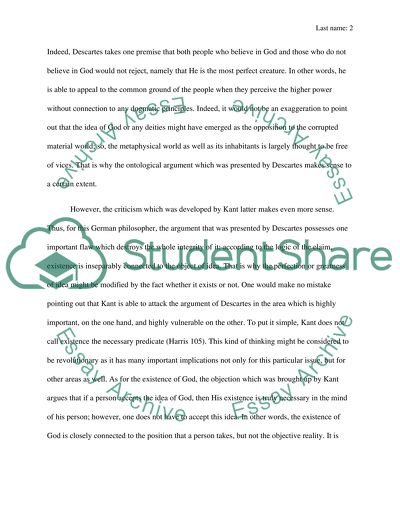Cite this document
(“Descartes' and Kants Approaches to God Term Paper”, n.d.)
Descartes' and Kants Approaches to God Term Paper. Retrieved from https://studentshare.org/philosophy/1669697-descartes-and-kants-approaches-to-god
Descartes' and Kants Approaches to God Term Paper. Retrieved from https://studentshare.org/philosophy/1669697-descartes-and-kants-approaches-to-god
(Descartes' And Kants Approaches to God Term Paper)
Descartes' And Kants Approaches to God Term Paper. https://studentshare.org/philosophy/1669697-descartes-and-kants-approaches-to-god.
Descartes' And Kants Approaches to God Term Paper. https://studentshare.org/philosophy/1669697-descartes-and-kants-approaches-to-god.
“Descartes' And Kants Approaches to God Term Paper”, n.d. https://studentshare.org/philosophy/1669697-descartes-and-kants-approaches-to-god.


